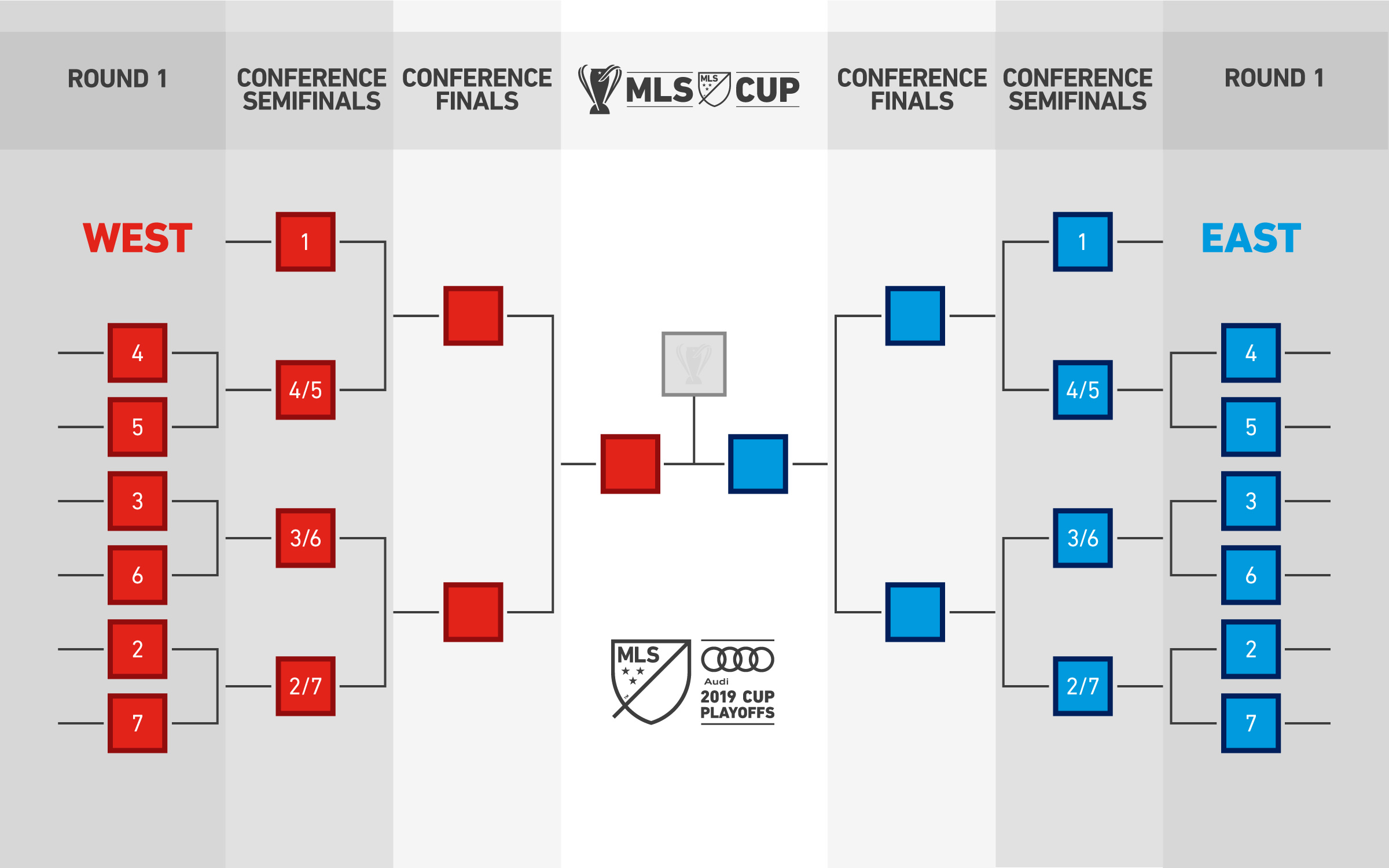MLS Schedule Overview

The Major League Soccer (MLS) schedule consists of a regular season, playoffs, and major events. The regular season typically runs from March to October, with each team playing 34 games. The playoffs follow the regular season, with the top teams from each conference competing for the MLS Cup. Major events include the MLS All-Star Game and the US Open Cup.
Format of the Schedule
The MLS schedule is divided into two conferences: the Eastern Conference and the Western Conference. Each conference has 14 teams, and each team plays 34 games during the regular season. The regular season is divided into two halves, with each team playing 17 games in each half. The top seven teams from each conference qualify for the playoffs.
Key Dates and Deadlines
The MLS schedule is subject to change, but the following are some key dates and deadlines:
* Regular season start: March
* Regular season end: October
* Playoffs start: November
* MLS Cup: December
Impact of MLS Schedule on Teams and Players

Mls schedule – The Major League Soccer (MLS) schedule is one of the most demanding in the world, with teams playing 34 regular season games in just 34 weeks. This congested schedule can have a significant impact on team performance and player fitness.
One of the biggest challenges of the MLS schedule is the lack of time for rest and recovery. Teams often have to play multiple games in a short period of time, which can lead to fatigue and injuries. In 2022, for example, FC Dallas played three games in eight days, while the New England Revolution played four games in 10 days. This type of schedule can make it difficult for teams to maintain a high level of performance throughout the season.
Strategies to Manage the Demands of the MLS Schedule
To manage the demands of the MLS schedule, teams use a variety of strategies. Some teams rotate their players regularly, giving starters a rest in less important games. Others use a system of load management, which involves monitoring player fitness and workload to prevent injuries.
Another strategy that teams use to manage the MLS schedule is to use a deep squad. A deep squad is one that has a lot of quality players who can step in and play when needed. This allows teams to rotate their players more frequently and reduce the risk of fatigue and injuries.
With the MLS schedule heating up, all eyes are on the league’s rising stars. One player who has been making waves is Enzo Fernandez. The Argentine midfielder has quickly become a fan favorite with his impressive skills and determination.
As the season progresses, it will be exciting to see how Fernandez continues to develop and contribute to the MLS.
The Major League Soccer (MLS) schedule has been released, and fans are eagerly anticipating the upcoming season. With a full slate of exciting matches, the MLS promises to deliver plenty of entertainment. However, the ongoing Russia-Ukraine war has cast a shadow over the sporting world, and it remains to be seen how the conflict will impact the MLS season.
Despite the uncertainty, fans are hopeful that the league will be able to navigate these challenges and provide a thrilling and memorable season.